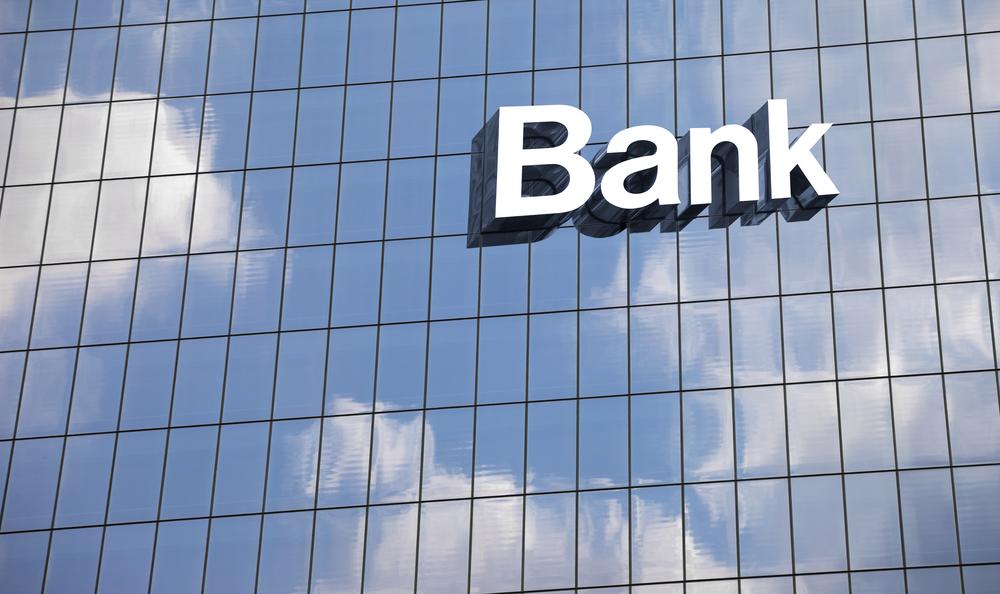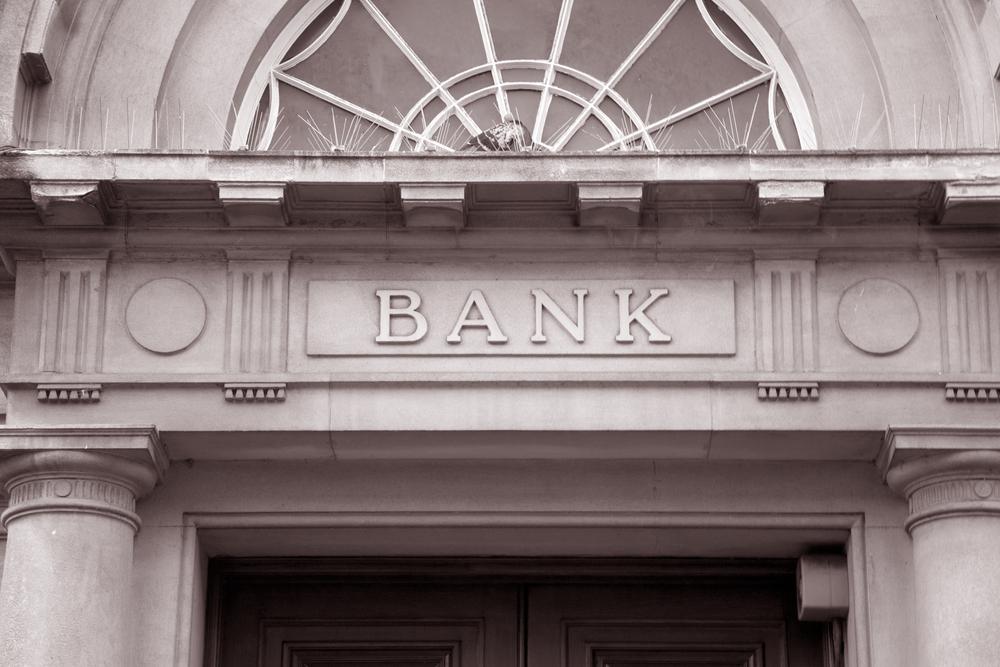Comprehensive Guide to Choosing the Perfect Banking Partner for Your Financial Needs
Choosing the right banking partner is vital for financial security and convenience. This guide highlights key considerations like trustworthiness, proximity, services, fees, and digital capabilities to help you select the best institution tailored to your needs, whether for personal or business banking. Make informed decisions to ensure your money is protected and your banking experience is seamless, supporting your financial goals today and in the future.

Comprehensive Guide to Choosing the Perfect Banking Partner for Your Financial Needs
Making the decision to open your first bank account or switch to a new banking institution is a critical step in managing your finances effectively. With the vast array of banking options available today—ranging from traditional brick-and-mortar banks to innovative digital-only banks—it can be overwhelming to determine which institution best suits your individual needs. Your choice of banking partner can influence your financial security, convenience, and growth prospects, making it essential to evaluate various factors carefully before making a commitment.
In this comprehensive guide, we'll delve into the most important considerations you should keep in mind when selecting a banking institution. By understanding what to look for, you can ensure that your money is protected, and your banking experience is smooth, efficient, and aligned with your financial goals.
Prioritize Trustworthiness and Regulatory Compliance
The first and foremost factor to consider when choosing a banking partner is trustworthiness. It's vital to select a financial institution that is fully licensed and regulated by appropriate authorities. This ensures your funds are held securely and reduces the risk of falling victim to fraudulent or unlicensed operations. In recent years, numerous new banks and financial startups have entered the market offering attractive interest rates and innovative features to lure customers. While these options can be appealing, always verify the bank’s licensing status, reputation, and financial stability.
Only work with banks that have a proven track record and positive customer feedback. Checking for proper licensing from central banks or financial regulatory authorities provides an additional layer of security. It guarantees that your savings and investments are protected by deposit insurance schemes and that the bank adheres to established financial norms.
Consider Geographic Proximity for Convenience
While digital banking has significantly reduced the need for physical visits, there are still essential reasons to choose a bank with convenient branch locations. If you frequently need to deposit cash, withdraw funds, or consult with banking staff, having a branch nearby simplifies these activities. Convenience factors include proximity to your home, workplace, or frequently visited areas. Additionally, availability of ATMs in accessible locations ensures quick cash withdrawals and deposits without incurring high fees or traveling long distances.
Choosing a local bank that operates close to your daily routine enhances your banking experience and saves time, facilitating smoother financial transactions in everyday life.
Evaluate the Bank’s Branch Network and Accessibility
If your banking needs are mostly local, a bank with a limited branch network might suffice. However, if you anticipate frequent travel or potential relocations, opting for a bank with a extensive branch presence, including international branches, provides unmatched flexibility. Large banks with a widespread network often offer seamless banking experiences across different regions, making it easier to access your funds and manage accounts when abroad or in different cities.
Furthermore, consider the quality of digital banking platforms, mobile apps, and customer service accessibility. Modern banking increasingly relies on online and mobile services, so ensure these digital channels are user-friendly, reliable, and offer comprehensive features to meet your needs.
Analyze the Array of Banking Services Offered
Your current financial situation, as well as future plans, should guide your choice of bank. While a simple savings account might be your initial requirement, you should also consider banks that provide a broad spectrum of services such as checking accounts, personal loans, mortgage options, credit cards, fixed deposits, and investment products. Having access to a one-stop financial institution simplifies your life and supports your evolving financial goals.
For example, if you plan to buy a house someday, selecting a bank that offers competitive home loan products and personalized financial advice can be beneficial. Similarly, business owners should look for banks that cater to corporate banking needs, including merchant services, business loans, and cash management solutions.
Compare Fee Structures and Interest Rates
Banking fees and interest rates significantly influence the overall cost of banking services. Carefully review the fee schedule for common transactions such as ATM withdrawals, fund transfers, online banking, monthly maintenance, and SMS alerts. Even seemingly small charges can add up over time, affecting your savings and financial efficiency.
Interest rates on savings accounts and fixed deposits vary among banks. Even a slight difference—say, 0.5%—can lead to substantial gains or losses in the long term. Therefore, it's essential to compare these rates carefully and select a bank that offers competitive returns aligned with your saving goals.
Additionally, understand penalty fees for overdrafts, insufficient funds, or early withdrawal of deposits. Your choice should balance affordability with attractive interest and service quality to ensure your banking remains cost-efficient.
Match the Bank’s Offerings with Your Personal Preferences
Your banking style and personal preferences should also play a critical role in your decision. If you prefer face-to-face interactions and personalized service, smaller community banks or credit unions might be ideal. However, if you are tech-savvy or often travel, choosing a bank with robust online banking systems, reliable mobile apps, and 24/7 customer support is more important.
Modern banks often provide features like instant fund transfers, e-wallet integration, biometric security, and financial planning tools to enhance user experience. Prioritize banks that align with your communication preferences, technological comfort level, and overall convenience requirements.
In conclusion, selecting the right bank requires a thorough evaluation of multiple factors ranging from trustworthiness and service offerings to location convenience and digital capabilities. Take your time to research, compare options, and consider your long-term financial plans. A well-chosen banking partner can support your financial well-being and provide a foundation for future growth and stability.





